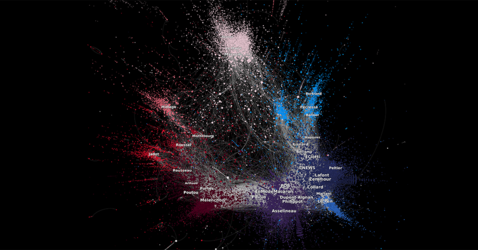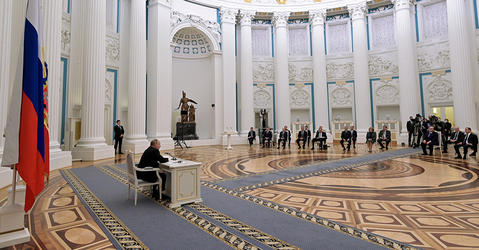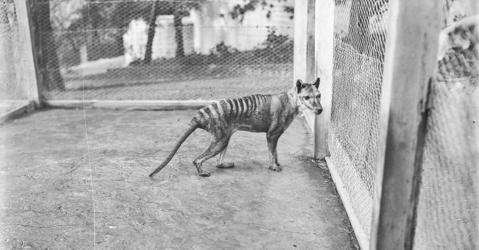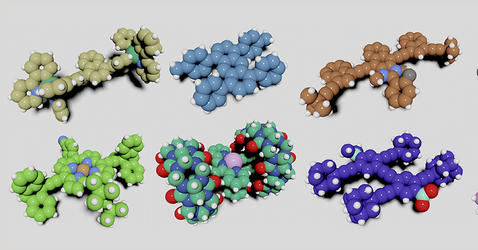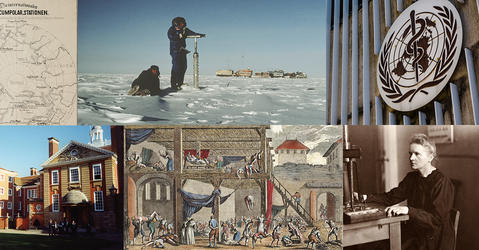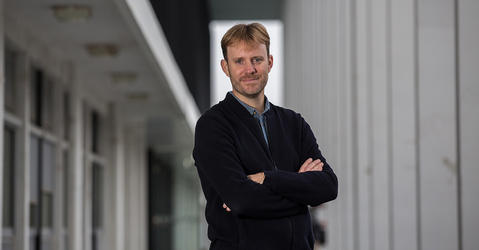You are here
Articles
0 comments
Researchers submitted various scenarios to three chatbots, including ChatGPT, to see whether they took human values into account in their answers to questions.
Recent Articles
Article
03.24.2022
From election campaigns to the war in Ukraine, social networks are now used on a massive scale to influence public opinion. David Chavalarias, director of the Politoscope project and author of a...
Article
03.23.2022
Even though the Russian president appears to be increasingly isolated, it would be impossible for him to run the country alone, as Françoise Daucé, a specialist on governmental-societal relations in...
03.16.2022
With so many species endangered or already extinct, scientists are pointing to the importance of keeping their memory alive in the collective consciousness. According to the ecologist Franck...
Article
03.07.2022
The world’s smallest car race will return to Toulouse (southwestern France) on 24-25 March. Eight international teams will be at the starting line for the competition. Christian Joachim, a CNRS...
Article
03.06.2022
In this second episode in our series, we meet the first women admitted to university, hark back to the plague and the cordon sanitaire, and set sail for the poles, where science was taking its first...
Article
03.06.2022
“Nucleic corrosive” for “nucleic acid”. “Counterfeit conscience” in place of “artificial intelligence”. These are some of the “tortured” phrases that the CNRS researcher Guillaume Cabanac tracks in...



